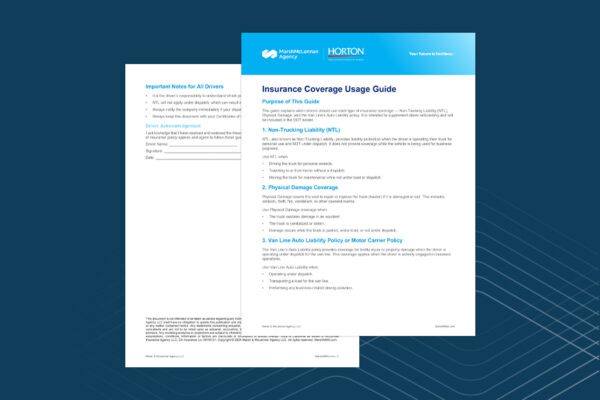The U.S. Department of Homeland Security (DHS) published instructions on October 11th for employers to continue using the Employment Eligibility Verification form (Form I-9) when hiring new employees until a new version of the form is published.
Form I-9
Federal law requires employers to verify the identity and employment authorization of each individual they hire by completing and retaining Forms I-9. Employers must have a completed Form I-9 for every employee hired after Nov. 6, 1986.
DHS reviews and updates Form I-9 periodically. The most recent version of this form is set to expire on Oct. 31, 2022. Historically, DHS has allowed employers to continue using the most recent version of the form beyond its expiration date when a new form is not available by the time the most current version expires.
Expected Updates
Industry experts anticipate DHS is delaying publishing an updated version of the form before the expiration date because of possible substantial changes to the form or the processes related to some of the form’s instructions.
In addition, given the recent extension of temporary remote verification procedures for Form I-9 supporting documents, some speculation has also risen on whether some of these temporary policies may become permanent.
Impact on Employers
Employers can rely on this agency notification as evidence that I-9 compliance will require using the most current version of Form I-9 until a new form is published. Once the new form is published, employers will need to update their hiring processes to ensure they are using the newest version of the form and following any updated instructions.
Important Dates
- October 21, 2019 – Publication date of the most recent Form I-9.
- October 11, 2022 – DHS notified employers that they may continue using the current form until a new form is published.
- October 31, 2022 – Expiration date for the most current version of Form I-9.
Material posted on this website is for informational purposes only and does not constitute a legal opinion or medical advice. Contact your legal representative or medical professional for information specific to your legal or medical needs.


